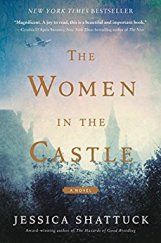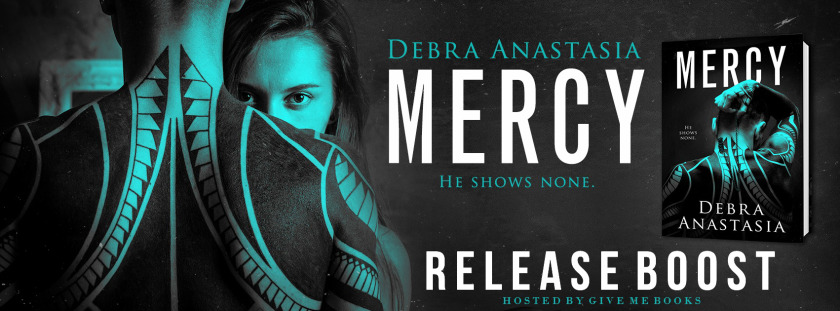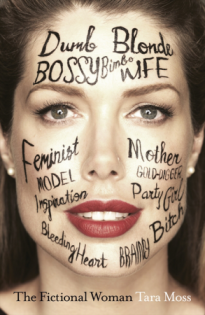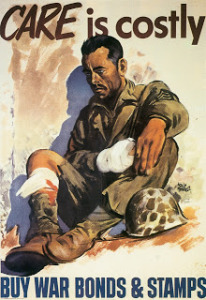I have wanted to read The Women in the Castle by Jessica Shattuck for a while now, and I finally got to it. I had high expectations. It did not disappoint.
 The book is set in the world war II era, as well as the post-war years; a familiar theme. However, what sets this story apart is that it revolves around three women, three German women—each experiencing the war differently—but all scrambling for survival afterwards. As fate binds them together, they take care of one another and their children, trying to find a better life.
The book is set in the world war II era, as well as the post-war years; a familiar theme. However, what sets this story apart is that it revolves around three women, three German women—each experiencing the war differently—but all scrambling for survival afterwards. As fate binds them together, they take care of one another and their children, trying to find a better life.
The three women are nothing alike; Marianne is independent and strong, Betina beautiful yet vulnerable, and Ania tough and pragmatic—but every one of them brings something unique to the symbiotic relationship. Along with their strengths, they each have their weaknesses and faults, which makes them above all, very human. None of these three women are exceptionally bad or cruel—regardless of some of the bad choices they make. In many ways, they are like any of us, just born in a different time and place.
This book tells a very nuanced story, from the viewpoint of these three women, without making any excuses for their behavior or past actions. I couldn’t help but feeling sympathy for each woman as their memories took me on a journey of their past. Through the characters, the book explores some of the reasoning behind the world war horrors, and the blindness of the German people, or their willingness not to see.
It is a story of loss, guilt and shame, but also of love, hope, friendship and forgiveness. It is incredibly hard, in my opinion, to write a story like this, and write it well. But Jessica Shattuck did just that, and more. She did it exceptionally well.
Let me leave you with a quote from the book and some thoughts:
“For so long Marianne and Albrecht and many of their friends had known Hitler was a lunatic, a leader whose lowbrow appeal to people’s most selfish, self-pitying emotions and ignorance was an embarrassment to the country. They had watched him make a masterwork of scapegoating Jews for Germany’s fall from power and persuade his followers that enlightenment, humanity and tolerance were weaknesses—“Jewish” ideas that led to defeat.”
If only we, as humans, would learn from our past mistakes. I’ve always believed that, back then, Germany was a country like any other—with its usual share of monsters and power-hungry enablers, and a lot of people willing to blindly follow a dangerous leader to the point of no return. Many atrocities were committed by average people, who didn’t enjoy them, but were already carrying too much guilt to turn back. This is why we need books like this. To stay vigilant. To remember that, in the end, any of us could be one of these three women.
Share this:




